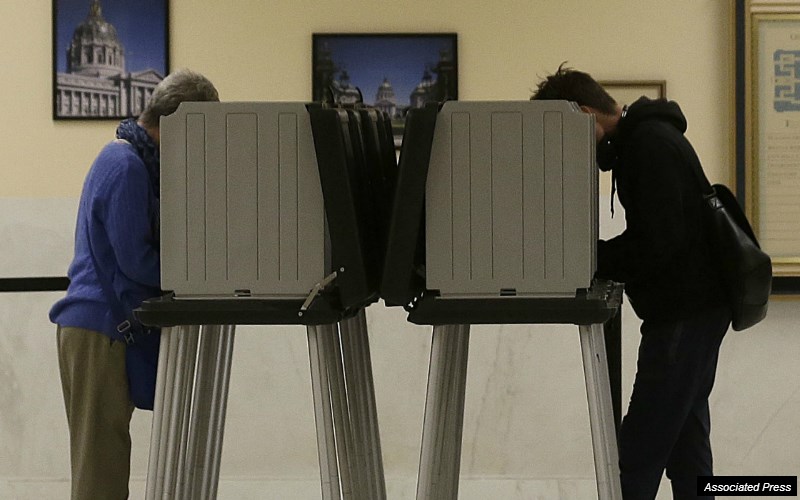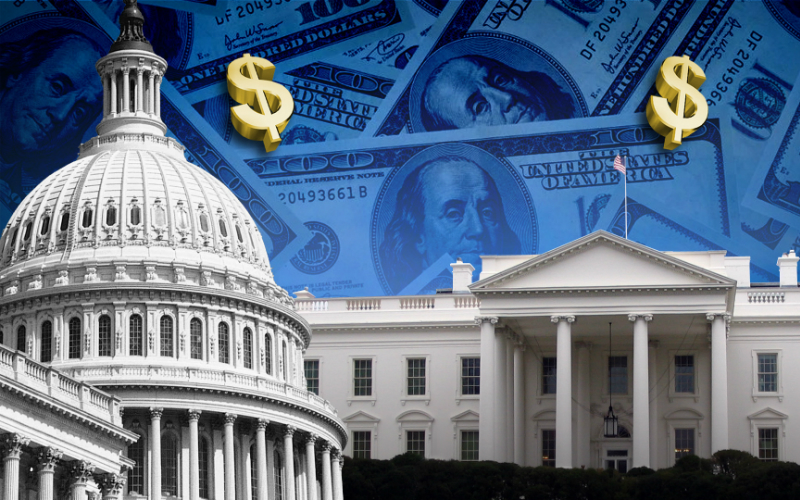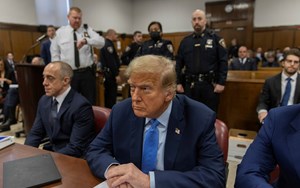Seventeen states use ranked-choice voting (dubbed "rigged-choice voting" by critics) for some level of elections. In RCV, a voter ranks, in order, their preferred candidates. If there are seven candidates, they rank their preferences 1 to 7. If no candidate gets a majority, then the one who gets the least number of first-place votes is dropped, and their remaining choices are moved up a spot – so their #2 choice is now the #1 choice of the remaining candidates. This happens until one candidate receives a majority and is declared the winner.
American Family News spoke with Mississippi Secretary of State Michael Watson about RCV. He says it can be confusing – and exhausting for those who desire to be informed voters.
"[For example,] you could have 15 different candidates for a seat," he suggests. "Well, you'd have to research every one of them and rank them from 1 to 15 – and if you didn't, that's when you would get disenfranchised."
Supporters of RCV claim it determines the candidate with the strongest support and eliminates the need for runoff elections. But Watson contends it is an election killer.
"A lot of times we hear people talk about [how they] want to make it easier to vote and harder to cheat," says the Republican Mississippi official. "Ranked-choice voting actually kind of reverses that and makes it really hard to vote."
The Federalist reports 74 pro-RCV bills were introduced in state legislatures this past year – 57 of which only had Democratic sponsors. The GOP tends to be skeptical of new voting schemes like drop-off boxes, mail-in ballots, and RCV – so Republicans, according to Watson, tend not to take advantage of them.
"What you're seeing right now is a lot of money on the Left being pumped into ranked-choice voting," he concludes. "And … when you see one side choosing a mechanism over the other and pumping in the money to support it, typically that means they like the results that they're going to receive from ranked-choice voting."
The Federalist report echoes those sentiments, stating: "This complicated and confusing form of counting votes is not a non-partisan solution to give voters greater voice. It is a scheme of the Left to disenfranchise voters and elect more Democrats."
According to the Harvard Law School, Maine was the first state to use RCV in a federal election.







